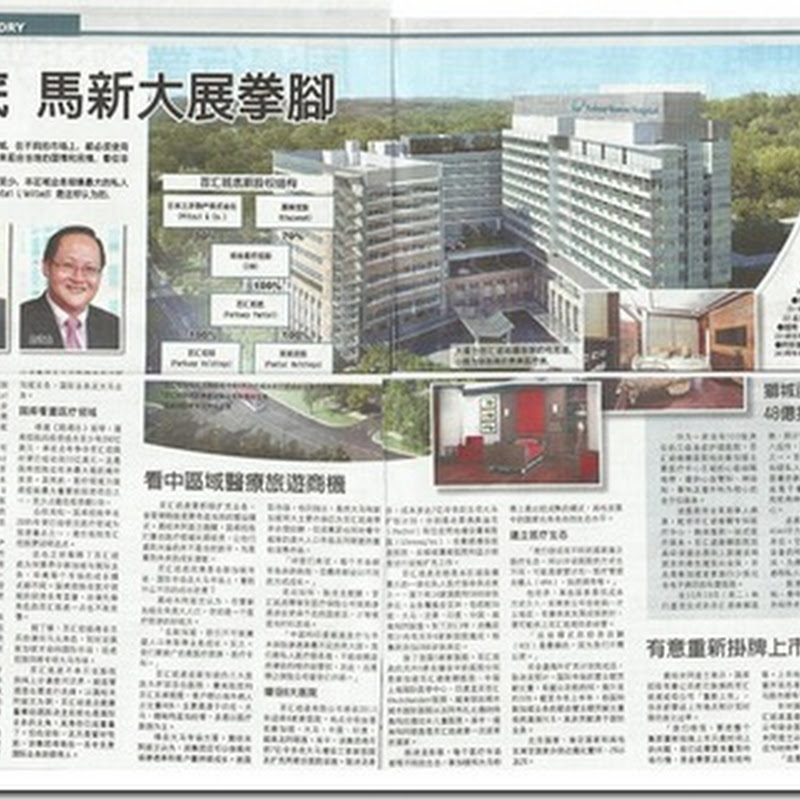The Johor government approved a RM1.23 billion intracity commuter train project proposed by Metropolitan Commuter Network (MCN), a joint-venture company between Masteel and KUB Malaysia Bhd.
The commuter rail will utilise existing KTMB tracks so no additional land acquisitions or track infrastructure are necessary, though a spur line linking Senai airport to the rail network may be added at a later stage.
The commuter rail will utilise existing KTMB tracks so no additional land acquisitions or track infrastructure are necessary, though a spur line linking Senai airport to the rail network may be added at a later stage.
MCN, in which Masteel has a 60% stake, is expected incur some RM370 million in capital expenditure, primarily for rolling stock. It is anticipated that roughly RM70 million of this would be funded through equity by the two partners, while the balance would be raised through a bond issue.
The other portion of the project, estimated to cost RM860 million, including the ticketing, signalling and communications system, electrification and transit stations, would be funded by project financing under the government’s Public-Private Partnership (PPP) scheme. The assets would then be leased to MCN under a long-term concession of up to 33 years.
Having received the state government’s endorsement, the proposal is now expected to go to the federal government for approval. If all goes to plan, the concession agreement could be finalised by mid-2011. Construction is targeted to commence by early 2012 and the rail lines would be operational by early 2014.
The other portion of the project, estimated to cost RM860 million, including the ticketing, signalling and communications system, electrification and transit stations, would be funded by project financing under the government’s Public-Private Partnership (PPP) scheme. The assets would then be leased to MCN under a long-term concession of up to 33 years.
Having received the state government’s endorsement, the proposal is now expected to go to the federal government for approval. If all goes to plan, the concession agreement could be finalised by mid-2011. Construction is targeted to commence by early 2012 and the rail lines would be operational by early 2014.
MCN will be project manager for the rm1.23 billion project. KUB will handle most of the construction work while Masteel will be responsible for sourcing and coordinating the system works.
KUB’s shareholders include the Minister of Finance (22.55%) and Gaya Edisi Sdn Bhd (29.62%). The latter is believed to be linked to UMNO.
Upon completion of the project in about two years, MCN will lease the rail transit infra from the government for a 33 year concession period. In essence, the government will be the asset owner for the rail transit infra with MCN being the service provider, although it will still own the trains which it procures.
For MCN, the main source of revenue will come from the ridership while the main cost component will be lased payable to the government (for it to recoup and earn returns on the rm860 million capex). The annual lease will be on a step up basis to match the projected increase in traffic and cash flow.
Expect contributions from the project would only account for up to 10% to 15% of Masteel’s earnings when it is fully operational. Thus, the primary earnings generator will continue to be its steel manufacturing business.





















































No comments:
Post a Comment